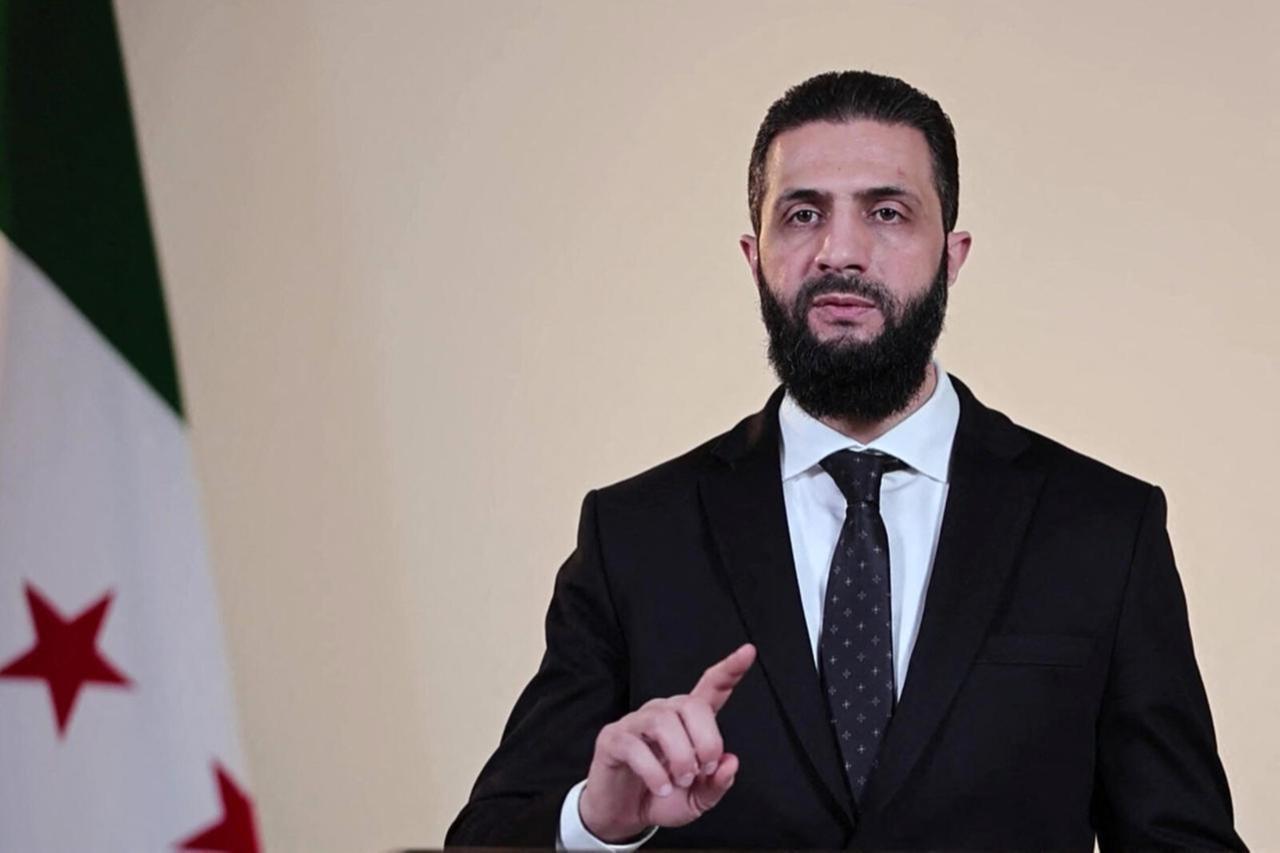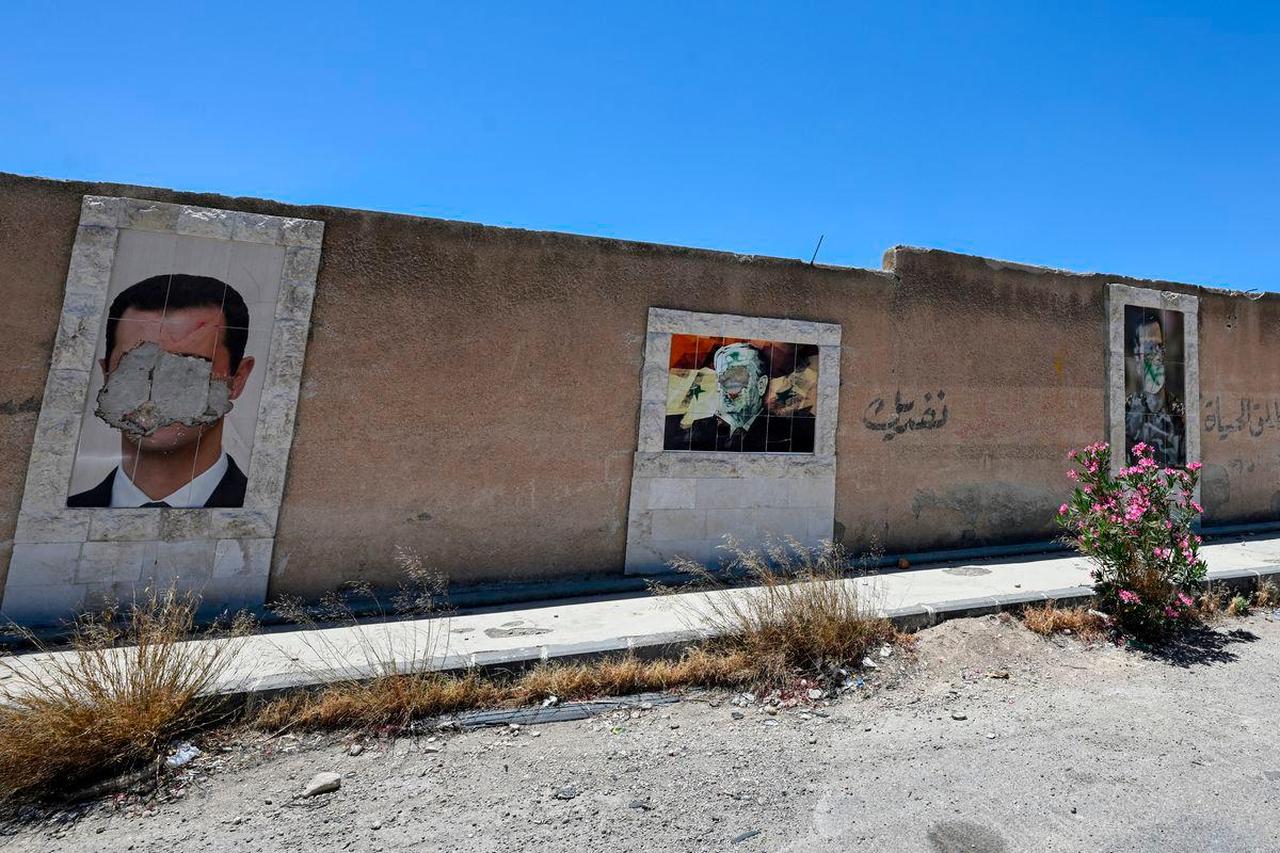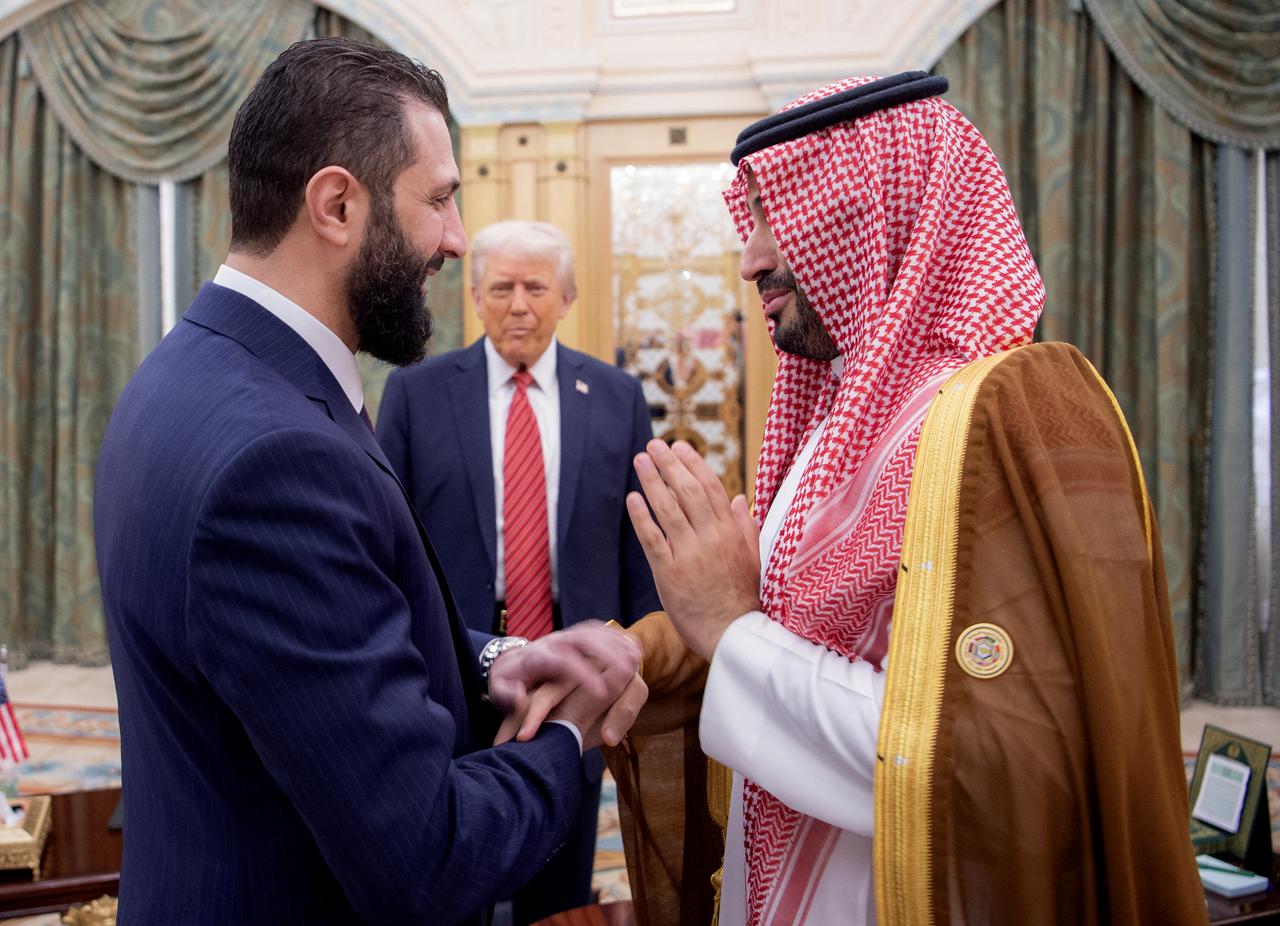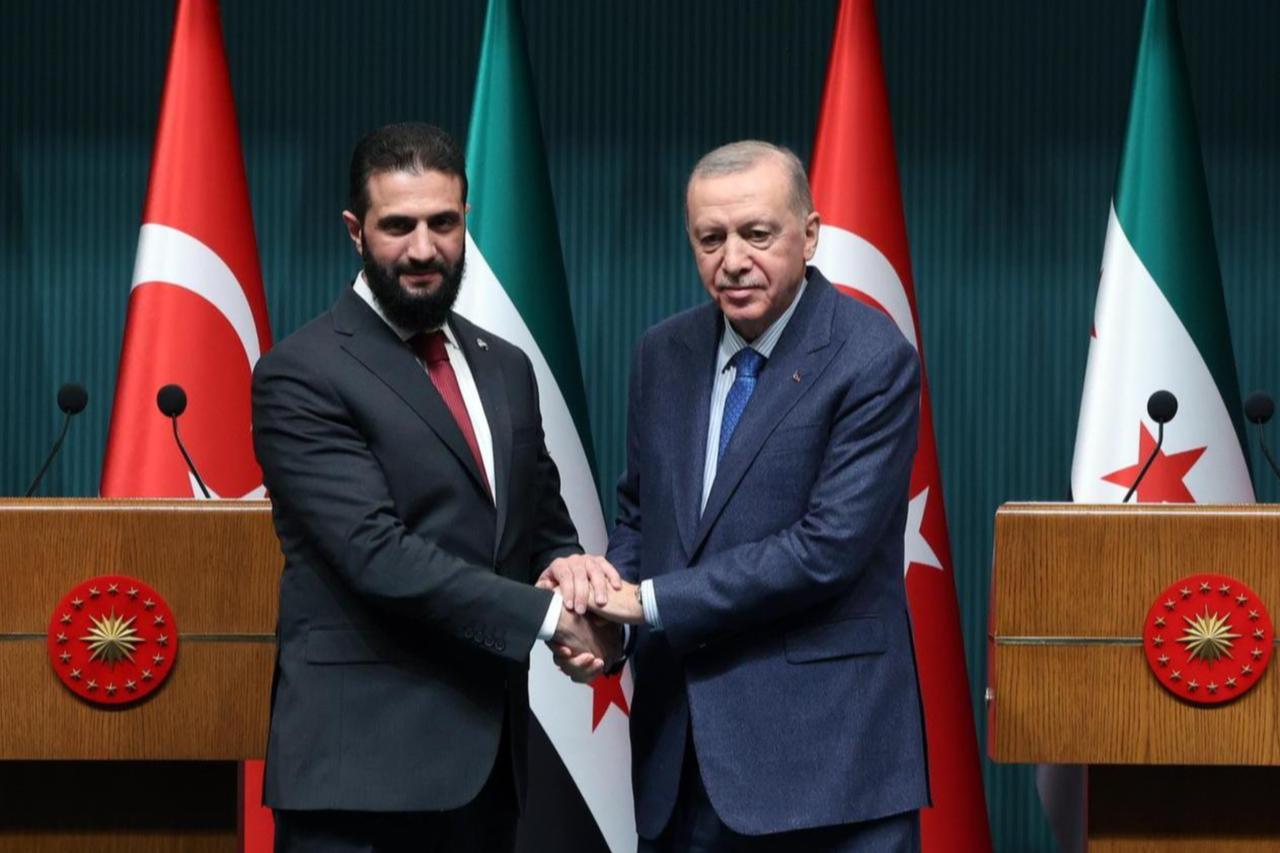
Syrian authorities denied permission Wednesday for a plane carrying Ali Larijani, Secretary-General of Iran's Supreme National Security Council, to enter Syrian airspace during his travel from Iraq to Lebanon, forcing the aircraft to reroute through Türkiye..
Since December 2024, Syria has banned all Iranian aircraft from its airspace following the end of Bashar al-Assad autocracy, and his ouster. The policy cuts off former resupply routes to Hezbollah in Lebanon and signals the transitional government's complete break with Tehran.
Larijani's forced detour underscores how thoroughly Syria has reversed course under President Ahmed al-Sharaa, formerly known as Abu Mohammad al-Jolani. Where Assad once served as Iran's closest Arab ally, Syria now views Iranian influence as a threat to its sovereignty and reconstruction efforts.

Iran poured an estimated $30-50 billion into propping up Assad's government throughout Syria's civil war. Iranian Revolutionary Guard Corps forces and affiliated militias used Syria as a base for regional operations, turning the country into a cornerstone of Tehran's "Axis of Resistance."
Assad's government provided Iran with crucial access to the Mediterranean and a land bridge to Hezbollah in Lebanon. Syrian airports and territory served as transit points for weapons shipments and logistical support to Iranian proxy groups across the region.
Al-Sharaa's administration expelled all Iranian forces and proxies immediately after taking power. No Iranian military personnel remain in Syria, according to Iranian officials who have called the loss a "very bad defeat."

The new Syrian leadership has redirected reconstruction contracts away from Iranian companies toward Turkish and Gulf firms. Even under Assad, Iranian companies had begun losing bids to Turkish competitors as Damascus sought more diverse economic partnerships.

Syria now prioritizes relationships with Saudi Arabia, the UAE, and other Gulf states that can provide crucial investment for rebuilding in addition to Türkiye. The transitional government views these partnerships as essential for economic recovery after more than a decade of civil war.
Al-Sharaa has urged Iran to "reconsider its policies and interventions" in the region while emphasizing Syria's commitment to inclusivity and rejection of sectarianism. The interim constitution prioritizes Islam as a source of legislation but explicitly rejects foreign-backed sectarian influence.
Iranian officials have shifted their rhetoric since losing Syria, now describing former rebels as "legitimate opposition" and seeking dialogue based on "common interests." Tehran has approached Türkiye and Russia to help facilitate renewed contact with Damascus.
Iran has also sought access to Gulf funding for Syrian projects, including rehabilitation of Damascus airport. These efforts have achieved limited success as Syria maintains its demands that Iran abandon regional interventions.
IRGC commander Hossein Salami confirmed no Iranian forces remain in Syria. Iran offered military assistance twice during the rebel offensive against Assad but was declined, leading to a negotiated safe exit for Iranian personnel.